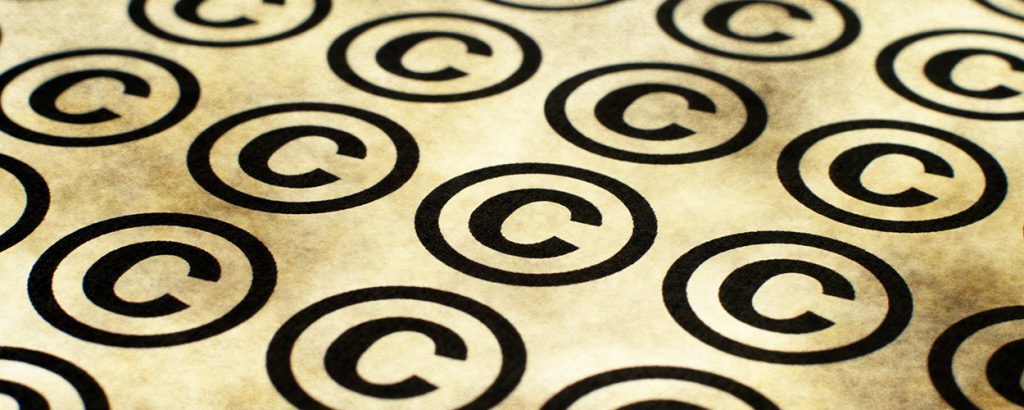This website uses cookies so that we can provide you with the best user experience possible. Cookie information is stored in your browser and performs functions such as recognising you when you return to our website and helping our team to understand which sections of the website you find most interesting and useful.
Business News Legal
Songwriter calls for review of US mechanical rights compulsory licence
By Chris Cooke | Published on Monday 26 June 2023

Songwriter and copyright campaigner George Johnson has urged the American Copyright Office to review the compulsory licence that exists in the US covering the mechanical copying of songs, with a “full repeal” of that licence very much on the agenda.
The existence of that compulsory licence means that songwriters and music publishers are obliged to allow the copying of their songs – whether onto physical discs or through digital delivery – at rates set by the panel of judges known as the Copyright Royalty Board.
Recent CRB rulings on what those rates should be have proven to be controversial, with Johnson actively participating in those proceedings.
When it comes to the royalties due on CDs and vinyl, the major publishers were criticised for too readily accepting the status quo, given the biggest customers of mechanical rights in that domain are their sister record companies. In the end, in no small part thanks to Johnson, the status quo was not accepting and the rates were increased.
When it comes to digital, the songwriter community and the music publishers, including the majors, were much more closely aligned after many of the streaming services tried to get the rates they have to pay reduced.
The CRB reviews the rates every five years. And at one point the streaming services were both appealing a previous rate increase while also campaigning for a deduction as part of the next review.
That rate increase – which was due to come into effect in a staggered fashion between 2018 and 2022 – was ultimately upheld last year, although the CRB only actually issued its final determination on the matter last week.
Meanwhile, the writers, publishers and streaming services reached a deal regarding the rates for 2023 to 2027, although that also led to some concerns around transparency for the writers.
But, here’s the big question: why is there a compulsory licence covering the mechanical copying of songs at all? Why can’t music publishers and collecting societies negotiate fair commercial rates with the streaming services on the open market, like they do in most other countries?
And why can’t the rate due on discs be negotiated commercially rather than in a court, even if a collective licensing approach would still likely be adopted?
“The century old compulsory licence is no longer an incentive or profitable for all US songwriters and music publishers”, Johnson writes in his recent letter to the Copyright Office, published last week by Digital Music News. And, he adds, “there are many problems arising from it’s use, and misuse, not intended by Congress, the Constitution, [or] copyright law”.
As with many of the quirks of American copyright law, the compulsory licence originated in a very different era. “The 1909 compulsory licence was designed for a different time, for the local sale of piano rolls”, Johnson then notes, the concept of mechanical rights having begun with the sale of player pianos.
It could not have been anticipated, he goes on, that that compulsory licence would ultimately be “used billions of times, by the largest trillion-dollar corporations in the history of the world, with teams of attorneys”.
Johnson acknowledges the past reviews of the compulsory licence undertaken by the Copyright Office, buts adds: “Unfortunately, those studies are now outdated and considering the vast changes in the delivery of musical works and sound recordings, experts now think a new study would be very helpful”.
Indeed, he explains, such a review would help Congress better assess the impact of the copyright reforms introduced by the 2018 Music Modernization Act and the MLC collecting society that was subsequently established, as well as allowing law-makers to “make an informed decision on full repeal or full reform”.
We await to see how the Copyright Office responds.





